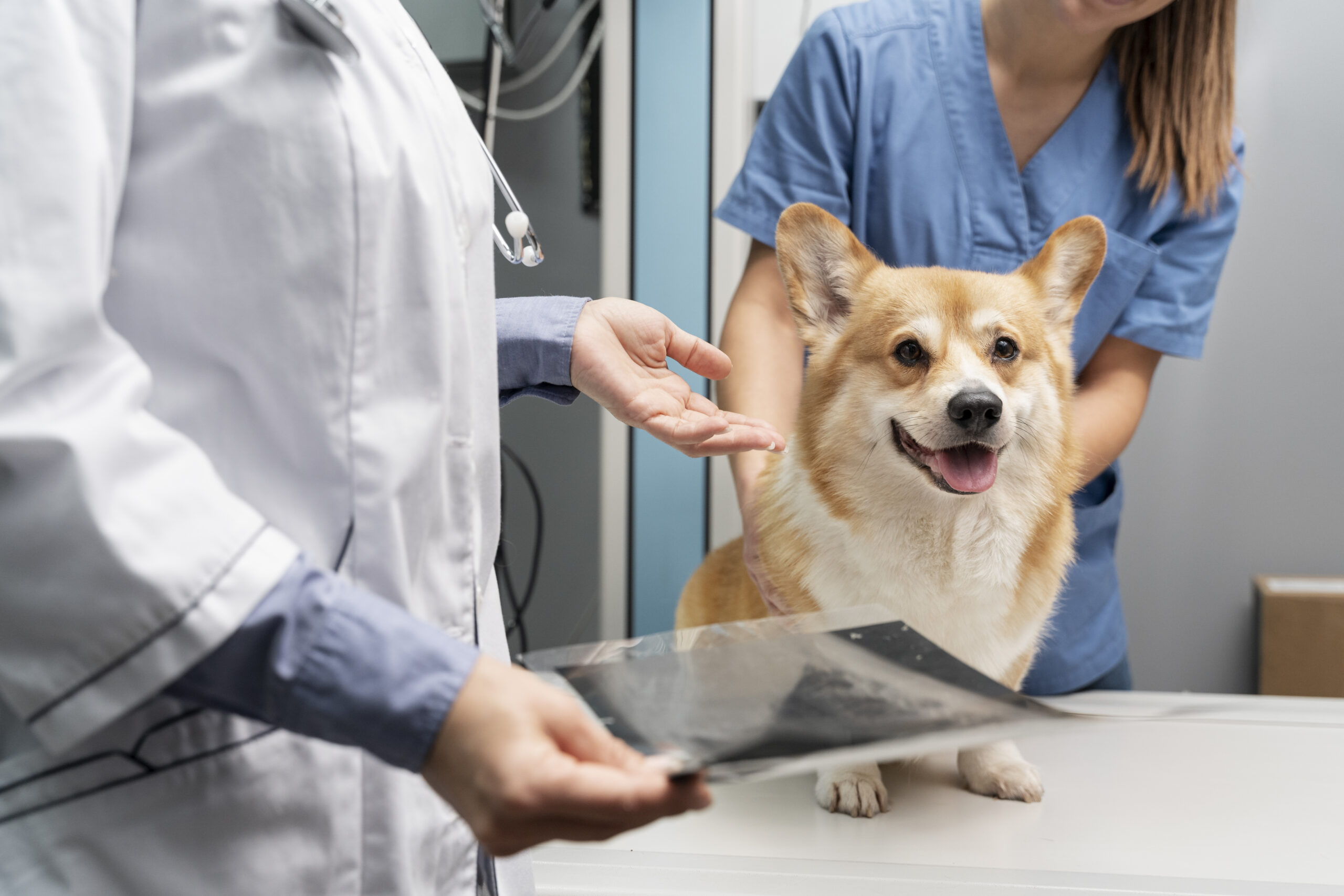
A.R.F.’s Adoption Fees
Prospective pet parents sometimes ask how A.R.F. sets adoption fees for our beloved dogs and cats. Numerous factors go into determining these fees and they can vary from animal to animal, as each pet is unique. Some factors include breed, health, age and availability status. Below, we will explore how each factor affects adoption fees.
Medical Expenses:
A.R.F.’s adoption fees cover all dog and cat veterinarian, foster, and adoption expenses. However, these costs have surged post-COVID-19, resulting in a higher cost of care overall. You can always find the adoption fee for a specific animal listed in their biography on the website.
A.R.F.’s adoption fees include:
- The cost of spay/neuter procedures before adoption.
- Microchip implantation and registration, which provides permanent identification to reunite pets with their owners.
- Initial antiparasitics for fleas, ticks, and fecal parasites.
- Age-appropriate testing for heartworm/Lyme disease and FIV-FELV for cats.
- Age-appropriate vaccines.
- Pre-adoption medical exam to clear them for adoption.
- A certificate for a free healthy pet exam at one of A.R.F.’s participating veterinarians within 7 days of adoption.
- An offer for a no-risk 30-day free trial with Trupanion pet medical insurance.
Adoption fees also cover more advance medical and hospital-related expenses including:
- Treatment for heartworm disease, which involves the animal being medicated for 1 month prior to having heartworm disease treated, followed by 1-2 months of rest. Treatment can cost $800-$1,400.
- Orthopedic cases such as hip, knee, or patella issues, as well as animals with broken bones, are routinely seen. Surgeries can cost anywhere from $1,500 to $8,000, and in some cases even more.
- Depending on the age and health of an animal, dental work can cost $200-$1,500.
- Viruses such as canine parvovirus and feline panleukopenia commonly require treatment with hospitalization lasting 3-10 days, if not longer. This can cost several thousand dollars.
- Tests and treatment for various fecal worms and parasites can cost $400 depending on symptoms exhibited, along with treatment before being cleared for adoption.
Other Costs to A.R.F.
A.R.F. is a no-kill, all-volunteer, foster-based organization dedicated to rescuing and rehoming homeless dogs and cats into loving forever homes. This includes animals that other rescue groups often cannot handle due to advanced age or exceptional medical needs. The higher adoption fees for certain breeds allow us to offset medical expenses for all of our animals.
Additionally, A.R.F. is a registered 501(c)(3) non-profit organization in the United States. To maintain this status, we undergo annual audits. We do not receive government funding, and we do not pay any employees, as everyone is a volunteer. Our ability to assist animals in need relies on donations and adoption fees.
There are costs outside of medical care as well. A.R.F. provides food, toys, supplies, and funding for medically necessary vet appointments for all animals that are in our foster system. Spay/neuter procedures and age-appropriate vaccines are only the start of the costs. While some supplies, such as food and litter, are donated, the shelter must buy enough to supplement those gifts. A.R.F. looks for opportunities to purchase in bulk and at discounts, but these are necessary and unavoidable costs. Our veterinary care is also not free. We are able to get our animals treated at reduced fees due to our generous partners, but the veterinarians must be paid for their services. We are incredibly grateful to work with Wheaton Animal Hospital and Naperville Animal Hospital over the past 15 years. They have always stood behind A.R.F. and its goals to save as many animals as possible.
A.R.F. also has transportation costs—from the vehicle purchase, to insurance, maintenance and gas. We regularly rescue animals from kill shelters in other parts of Illinois and other states. Animals also need to be transported to veterinary appointments and adoption events as needed. Similar to any other kind of organization, there are various administrative costs associated with daily functioning. Our building in Wheaton requires maintenance and insurance, and it must be in good condition for the volunteers and animals who come through our doors.
All of the money we spend is in service of the animals we rescue.
Conclusion
All animals deserve to find loving homes, and A.R.F.’s team works very hard to make this happen. No one in the foundation profits off our animals. As A.R.F.’s primary source of revenue, much thought is put into adoption fees, which are used to pay for veterinary care, food, litter, and other pet supplies. If you are interested in adopting a particular animal, please read its full biography on our website to understand the animal’s unique personality and situation, as well as to see its adoption fee. As always, our volunteer team is happy to answer any questions.
